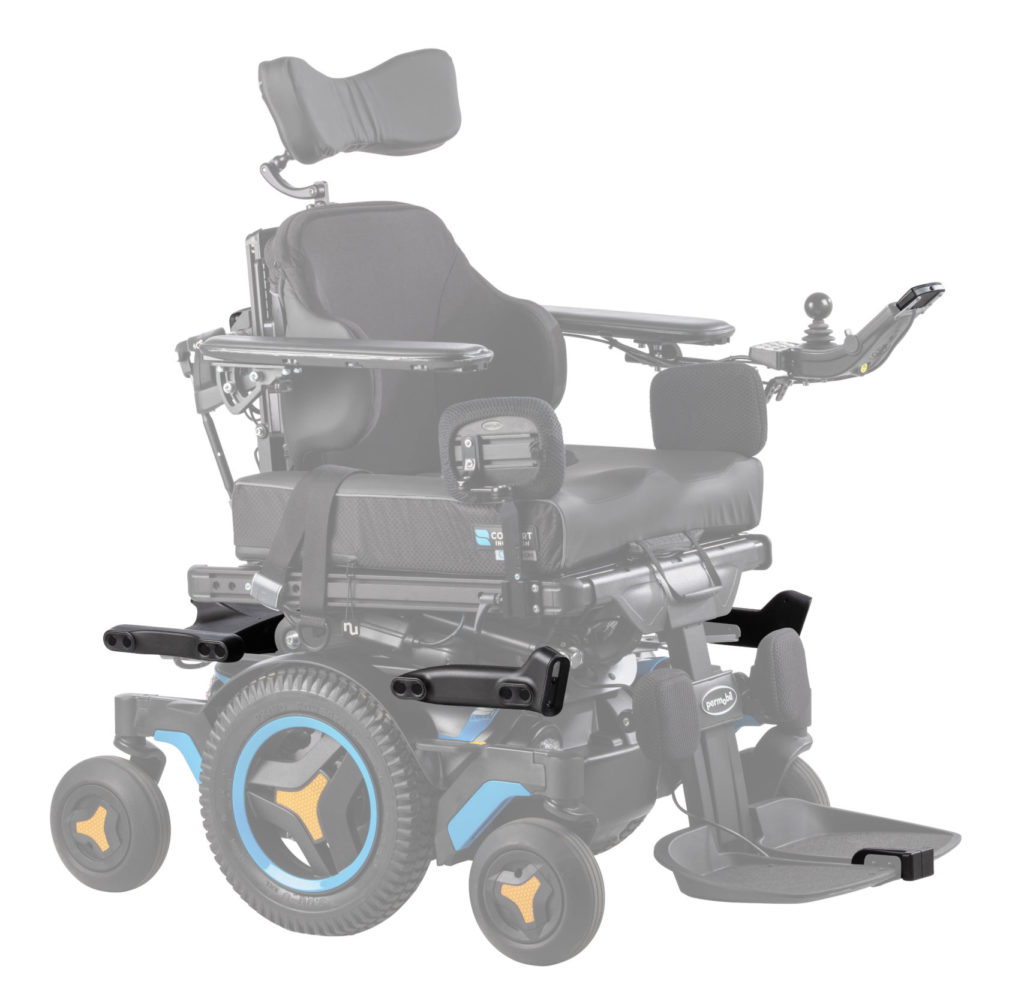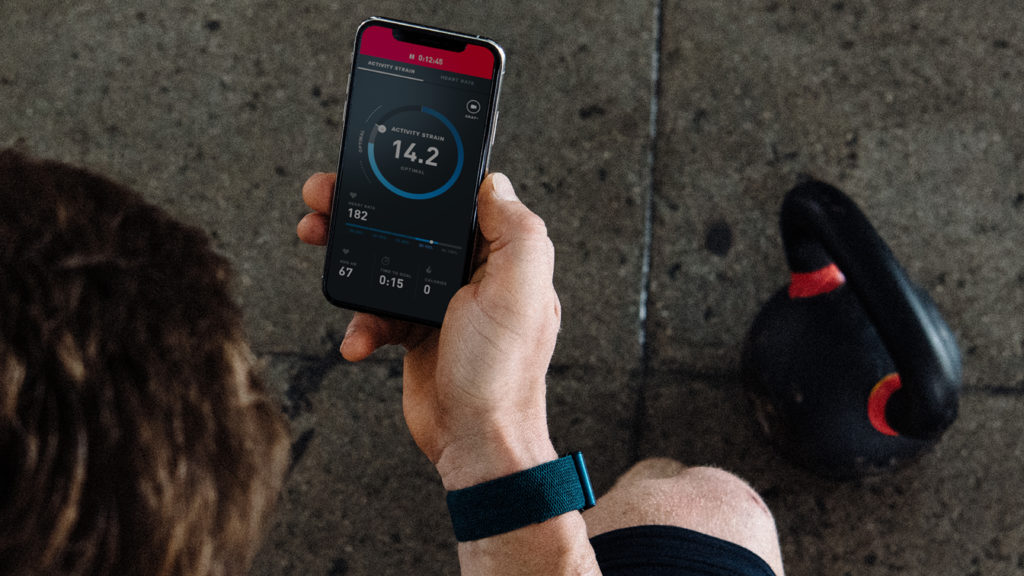I need to warn y’all in advance that we don’t discuss Apple news at all this week because nothing really jumped out at us for the IoT. But we did have a lot of other big news starting with Wyze raising $100 million and sharing the precariousness of its situation over the last 18 months. We then talk about a political risk for Tuya and what that might mean for your devices, and three pieces of news from Silicon Labs’ Works With event that have big implications for radios, Matter, and security. After the chip news, Kevin sets the record straight on a story that got Matter wrong, I get excited by new chips coming out of a stealthy startup, and there’s an acquisition that will help developers work with more IoT devices. Google has a new digital twin service for supply chains, Whoop has a new fitness wearable with a fancy battery, and Yale added HomeKit support for its cabinet lock. We end the segment by answering a listener question about new smart home cameras.

Our guest this week is Jered Dean, who is a co-founder and CTO of Luci, a startup making a smart addition for power wheelchairs. First, Dean explains why power wheelchairs are so dangerous and why he created Luci. Then we dive into other challenges of building specialized millimeter-wave radar sensors for the device and specialized ultrasonic sensors and how challenging it is to combine those sensors and cameras into one view of the world. We also talk about why Dean added integrations to connect Luci with health monitoring platforms and digital assistants. And finally, we talk about what it could mean if Luci shared data about what it “sees” with smart city or mapping platforms. I really had fun with this one.
Hosts: Stacey Higginbotham and Kevin Tofel
Guest: Jered Dean, co-founder and CTO of Luci
Sponsors: Silicon Labs and Infineon
- Wyze shares the details of its near-death experience
- Silicon Labs has new radios, a new security option and software for a unified smart home
- JFrog’s Upswift buy is good news for the IoT
- Why this startup had to build its own sensors to see the world
- How smart cities could help people using smarter wheelchairs
Podcast: Play in new window | Download | Embed
Subscribe: RSS

